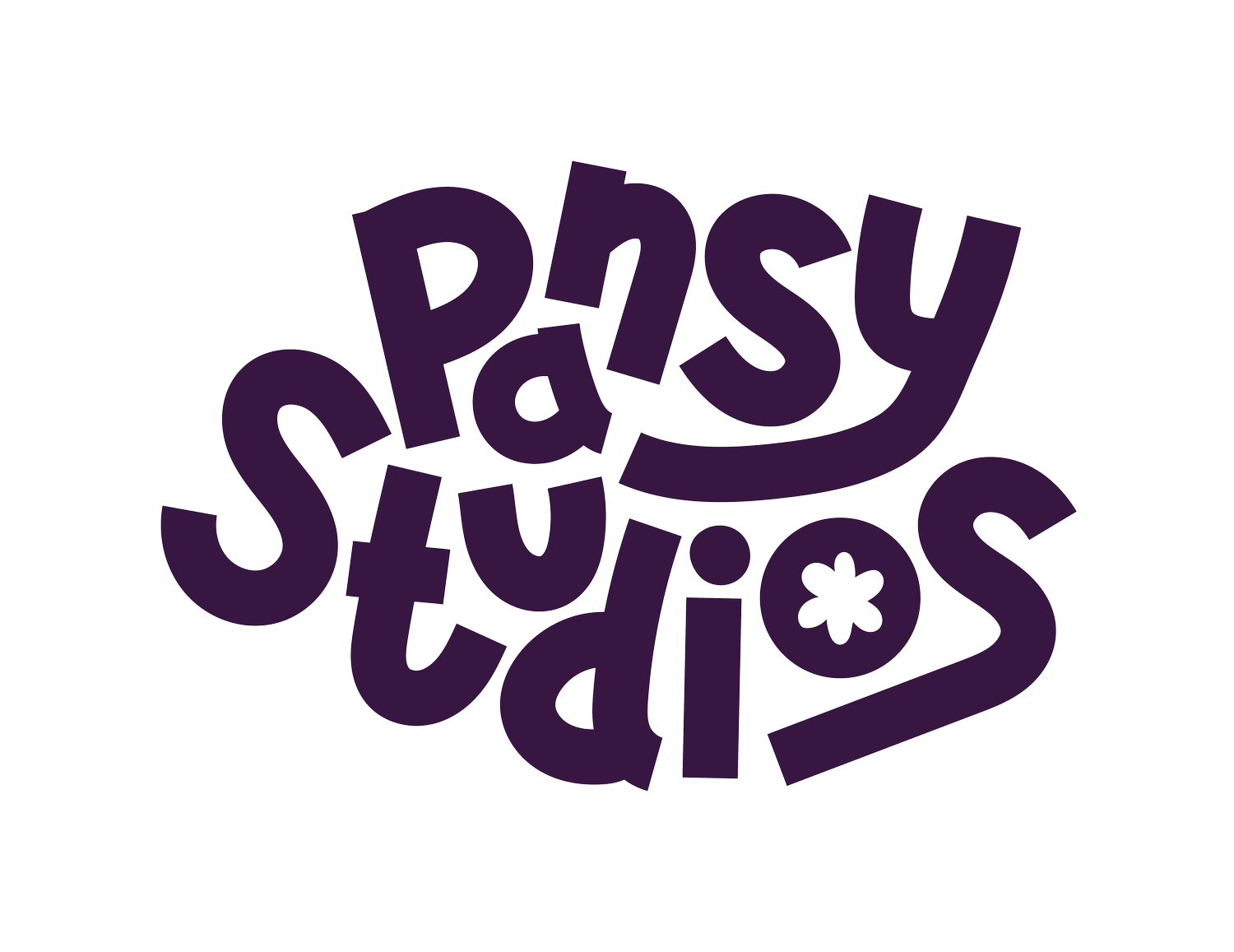Freelancing Wasn’t the Dream. It Was the Only Option.
People love to romanticise freelancing. The flexibility. The freedom. The working-from-cafés and setting-your-own-hours aesthetic. And I say that as someone who notoriously hates mornings and spends far too much money on oat lattes (look, I run a creative marketing agency, I’m allowed to fulfil some cliches).
For me, freelancing wasn’t some dream career pivot - it was a last resort. The truth is that after being made redundant in 2023, no one would hire me. I found it impossible to get to interview and when I did, I certainly didn’t get passed them.
My career is slightly bizarre in that businesses that would not hire me for entry-level roles because they tossed my CV onto the recycling pile will pay me thousands for their strategic advice. It doesn’t make sense, but that’s the traditional workplace for you: maintaining bureaucracy and hierarchy for the sake of it. And trust me, I tried to make the traditional workplace work for me and I was really good at it. I’d try to meet expectations designed around productivity, speed and endurance. I’d mask. I’d over-perform. I’d quietly deal with access barriers that no one else seemed to notice. I’d be hired for one role and end up taking on far more senior tasks because I had the skills.
I have never been lacking in ambition or ability. But the world is ableist and my CV outs me as disabled and queer. I was so scared to be freelance. I thought I’d never, ever be able to do it and actually, I’ve found I’ve had such a fantastic life since going. There are things I would change - like the lack of community, clients dicking me about on occasion - but that’s also why I set up Pansy Studios, to support people like me.
I didn’t set up Pansy Studios because I have all the answers, or because my career is perfect. I still have to chase invoices, I lose income when I’m too ill to work. There’s no safety net except the one I’ve built and it’s easy to feel like you’re treading water. Freelancing gave me something the workplace never did: control. I can plan my day around how I actually feel. I can lie down while I work. I can turn off my camera. I can choose how I communicate. I can say no.
And that’s not just helpful for me. It’s essential.
Because living as a disabled and neurodivergent person means living with a body and brain that do not follow predictable rhythms. It means honouring rest, sensory needs, pain management, and executive dysfunction. It means trusting your own limits, even when the world calls them excuses (and fuck me, trying to explain that they’re not, to non-disabled people - is a RIDE).
Freelancing has also allowed me to show up for my community in a way that a 9-to-5 never could.
When a friend needs someone to go with them to a medical appointment, I can be that person. When someone’s too anxious to go outside, I can walk their dog. When someone needs help navigating paperwork, chasing a refund, or just surviving the week, I have the capacity to be useful. Not because I’m endlessly available, but because I’ve built space into my life to care for others the way others have cared for me.
That communal care is what keeps so many of us alive. Especially queer, disabled, and neurodivergent peopleAnd that same logic is baked into the way I work. It’s why I created Pansy Studios.
Pansy Studios isn’t just a business. It’s a refusal. A refusal to do things the usual way. A refusal to accept that creative work has to come at the cost of your health. A refusal to separate strategy from lived experience. It’s also a space for all the things I am brilliant at.
Because despite what capitalism wants us to believe, not being good at everything doesn’t mean you’re good at nothing. I’m not great at admin, or chasing people, or doing 50 tiny tasks in a row. But when it comes to strategy, storytelling, and building things that connect? That’s where I thrive.
I understand what it means to build trust, not just visibility. I understand what’s missing in most marketing. I ask the right questions: Who is being excluded here? What does this language assume? Is this campaign built around a real relationship, or just a trend? Would this feel safe to someone like me?
Marketing has a habit of flattening people. Of turning identity into branding, and community into content. I’ve seen too many LGBTQ+ people, disabled creatives, and marginalised founders get used, underpaid, and discarded the moment the campaign wraps. I’ve lived that reality. That’s why I built something better.
Pansy Studios offers something different. Strategy that is more intentional and grounded in lived experience.
Campaigns that centre care, clarity, and context. Clients who want to make a genuine impact, not just a nice-looking statement. Everyone I know is being messed around by brands right now - especially as they’re rapidly defunding LGBTQ+ work. We’re seeing the endless rollbacks, the lip service, the ghosting, the panic pivot to AI, the cuts to inclusive projects that were never resourced properly in the first place (proper budget? We don’t know her). I don’t want that for us. I want better.
So no, freelancing wasn’t my dream, but it’s how I’ve carved out a life that works. One that makes space for rest, for care, and for the kind of creativity that doesn’t cost you everything. If you're building something and you care about how you build it, we should talk.

